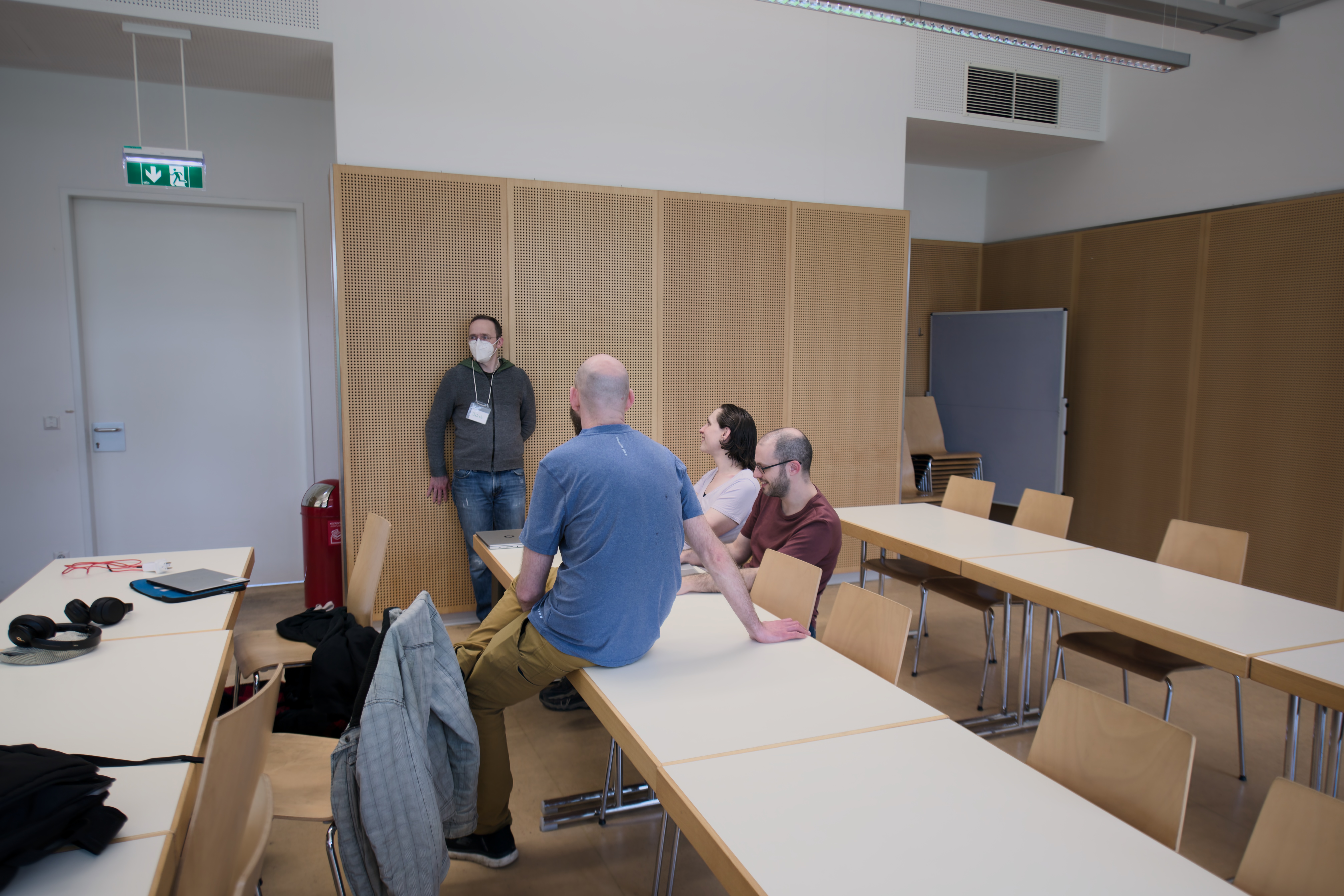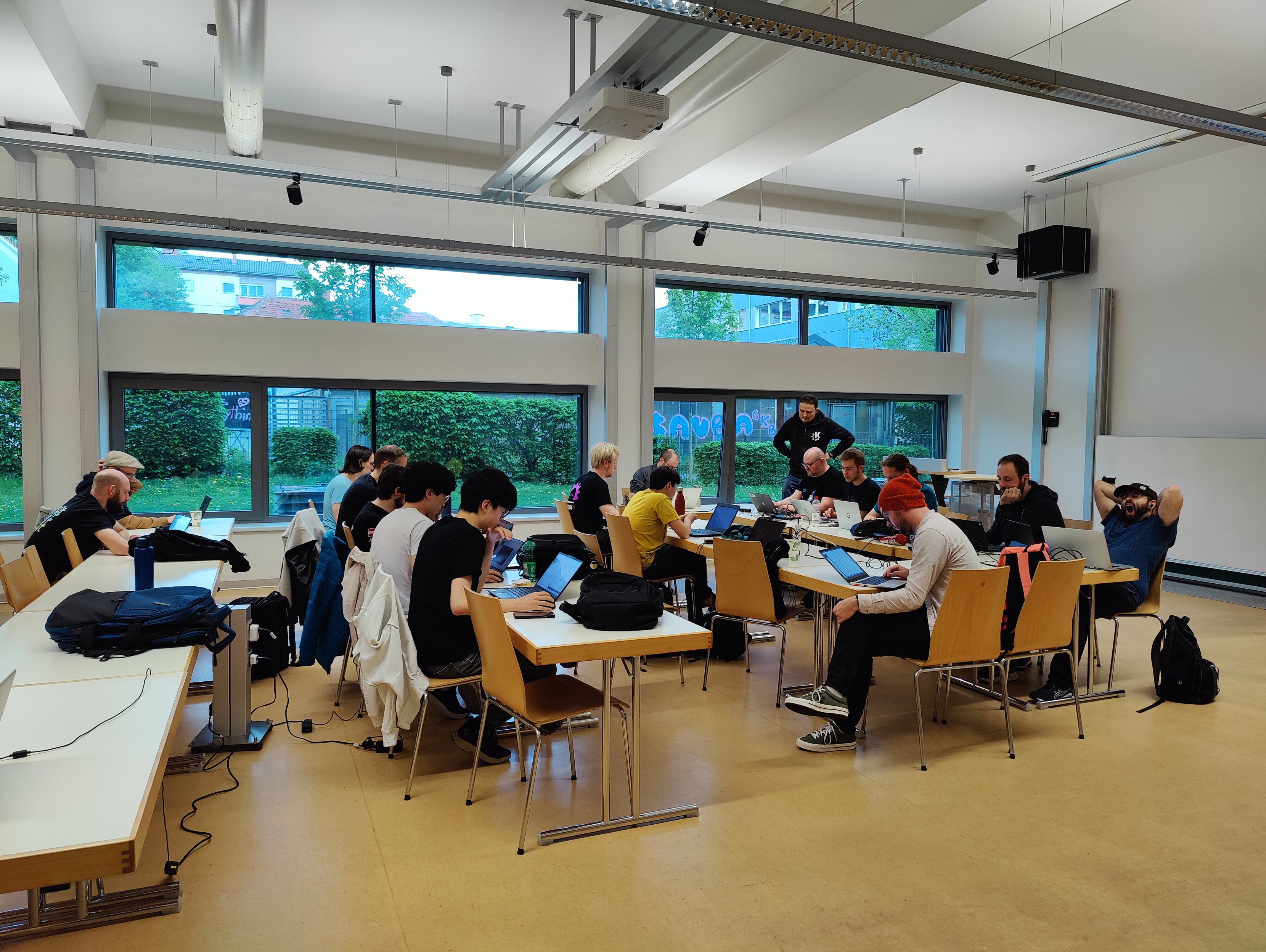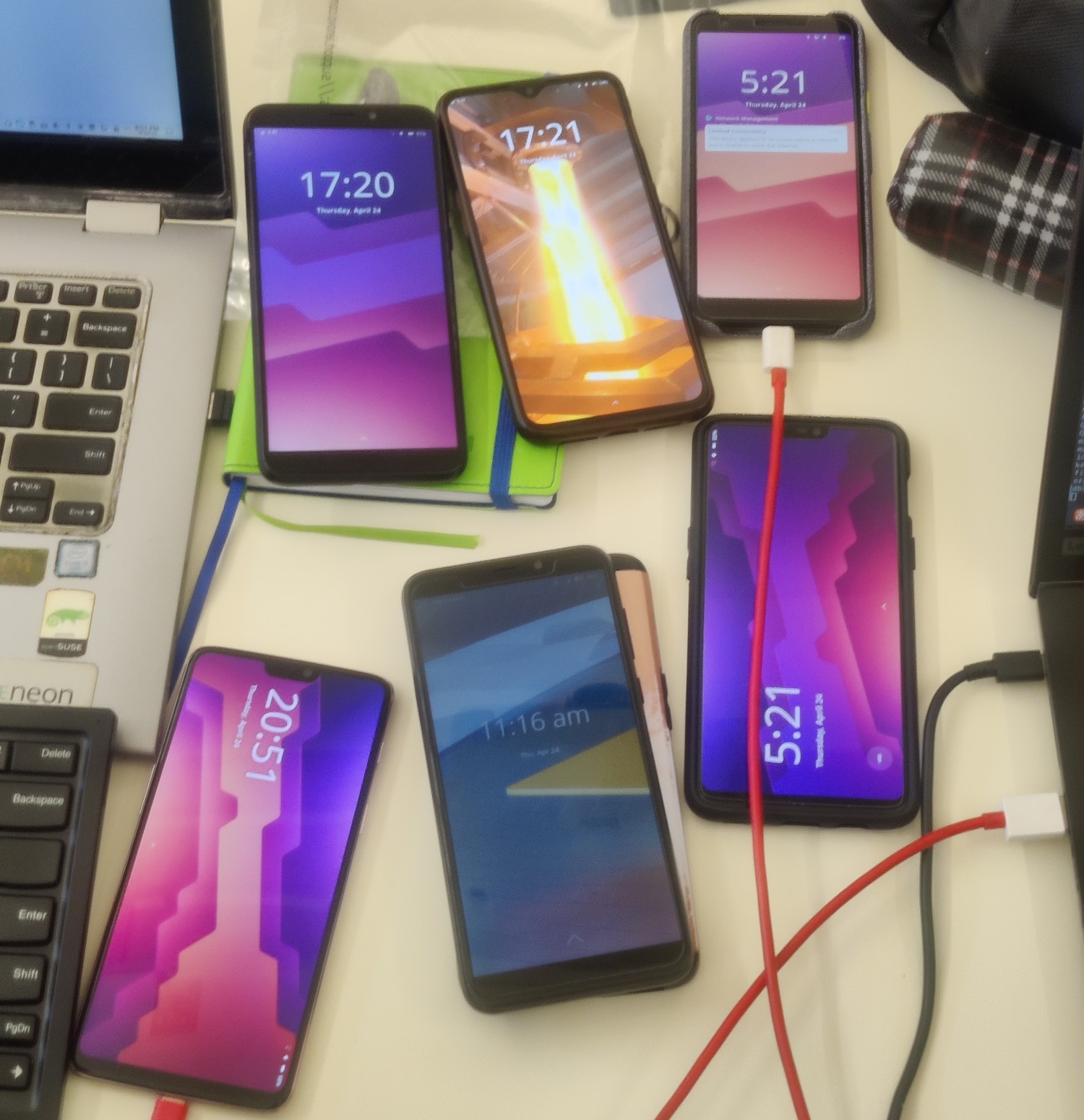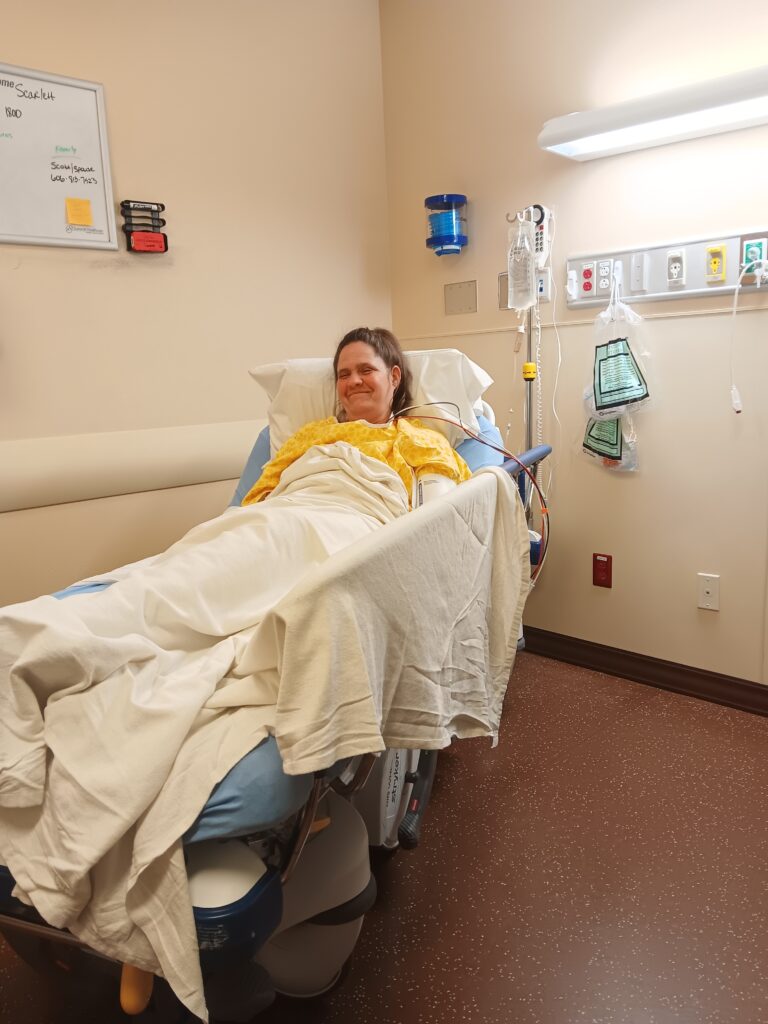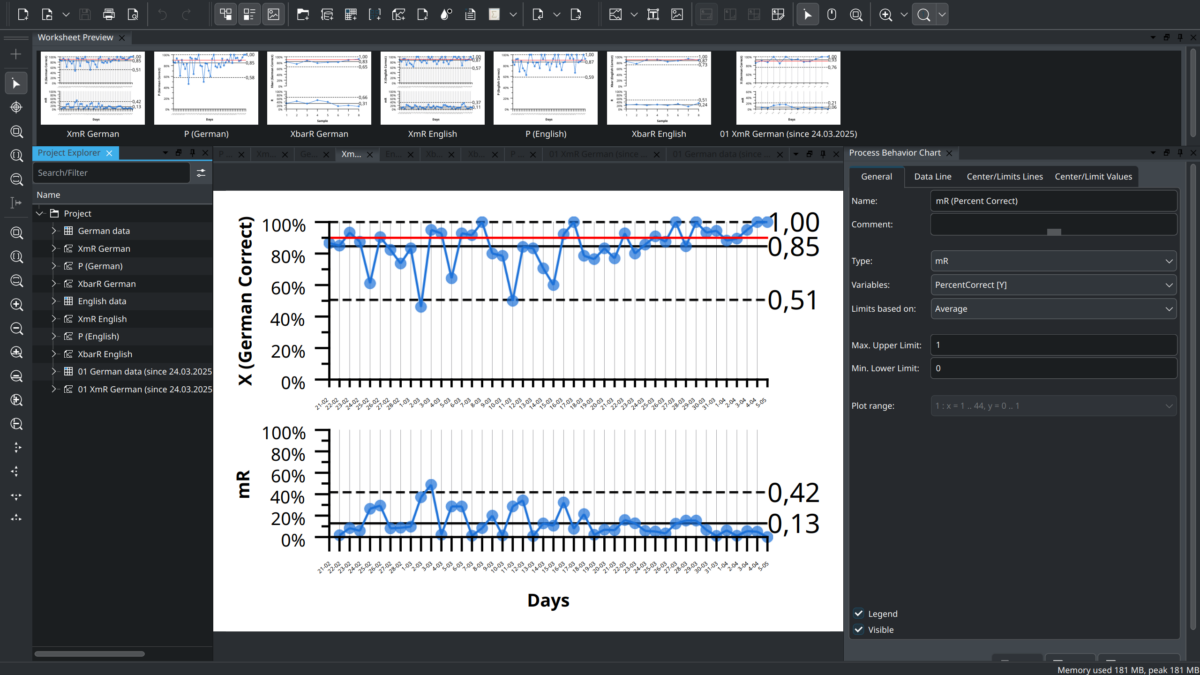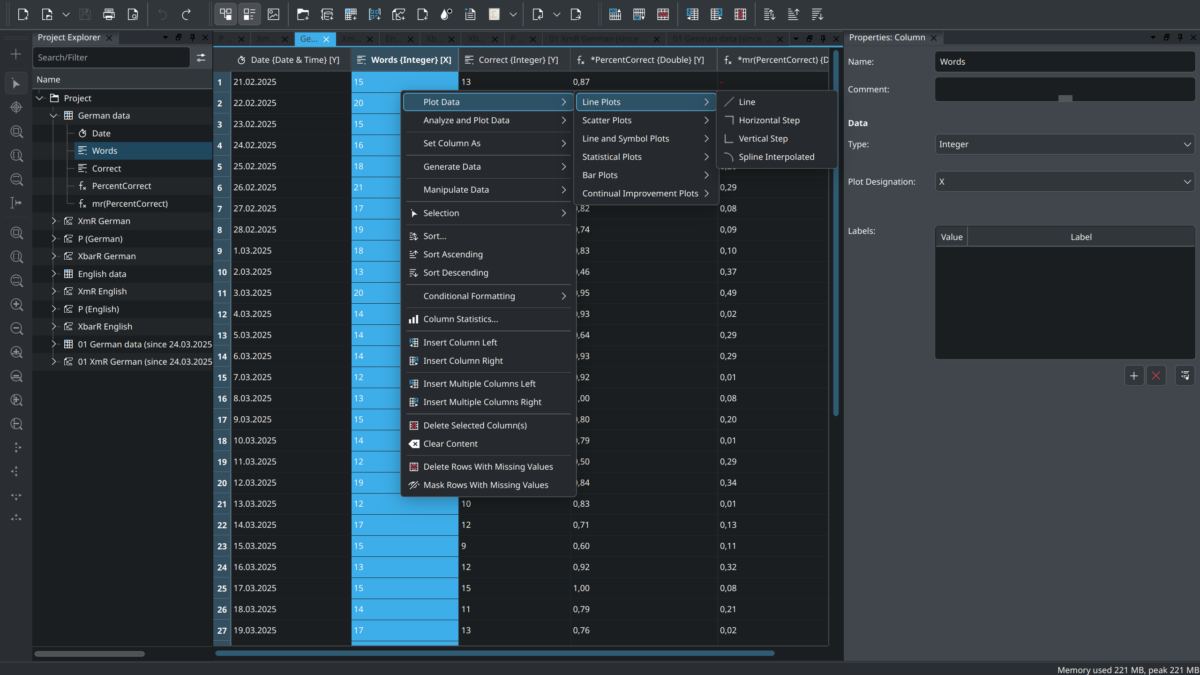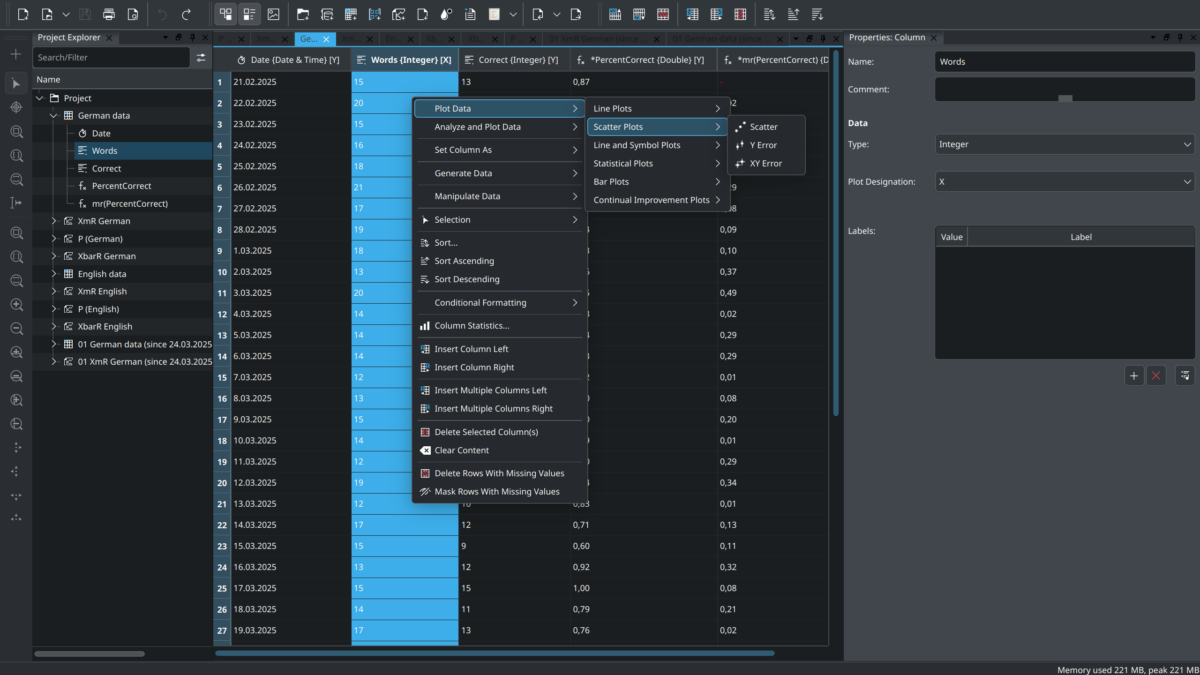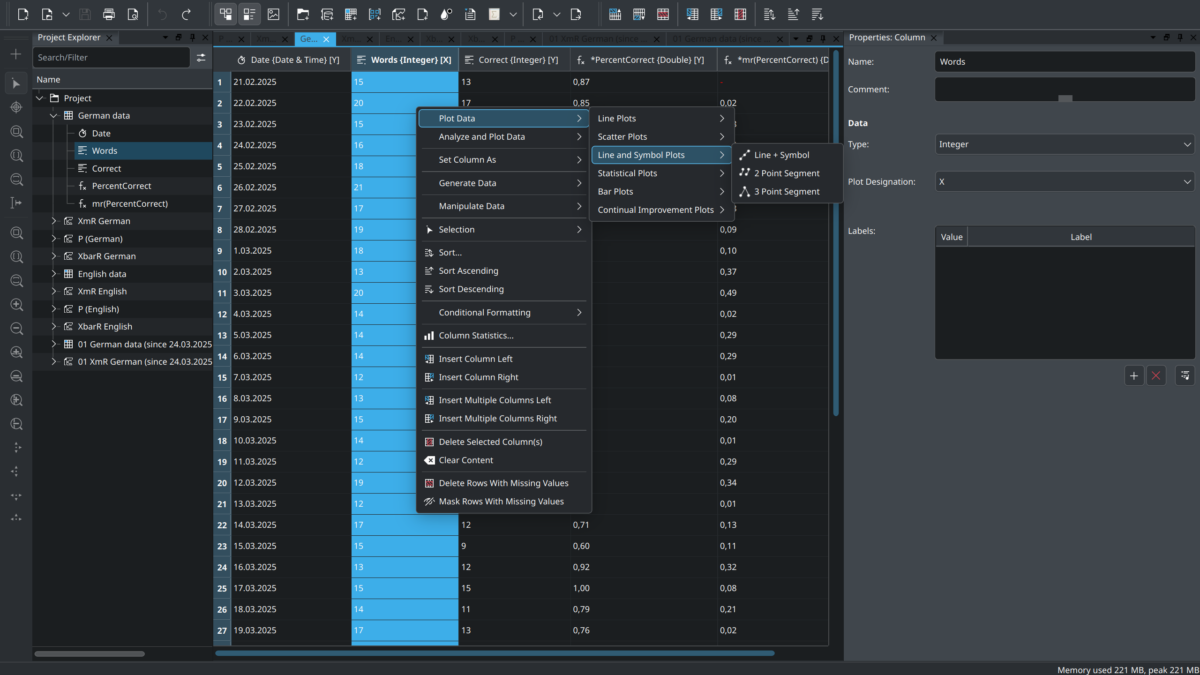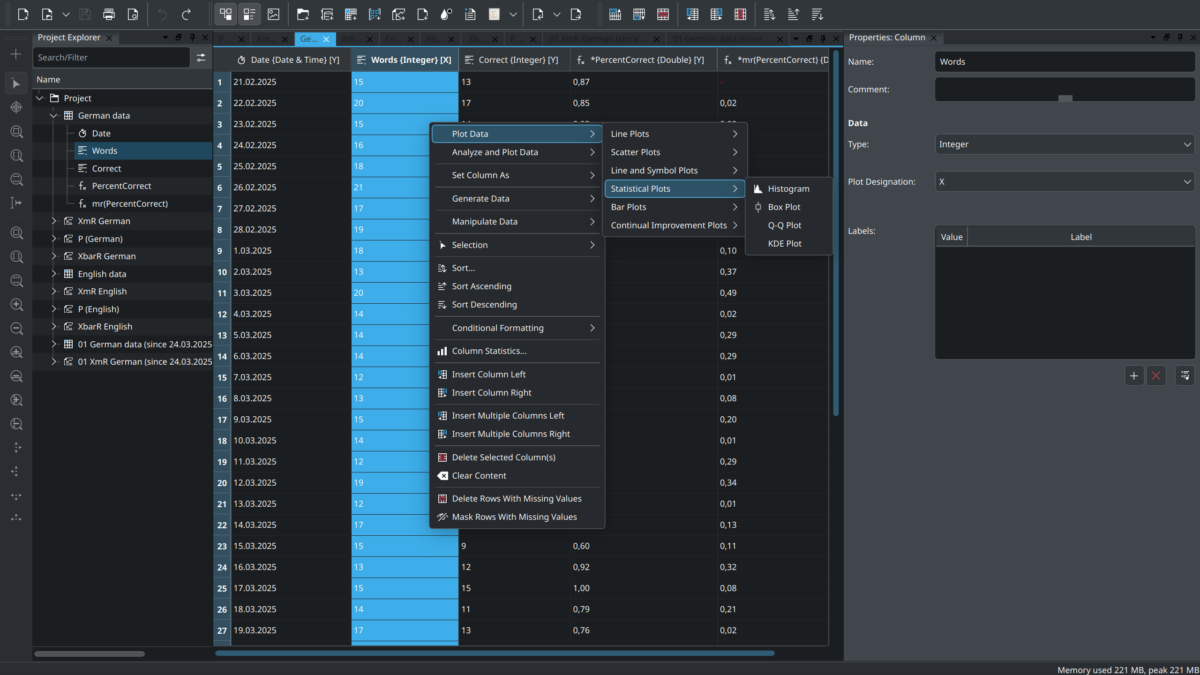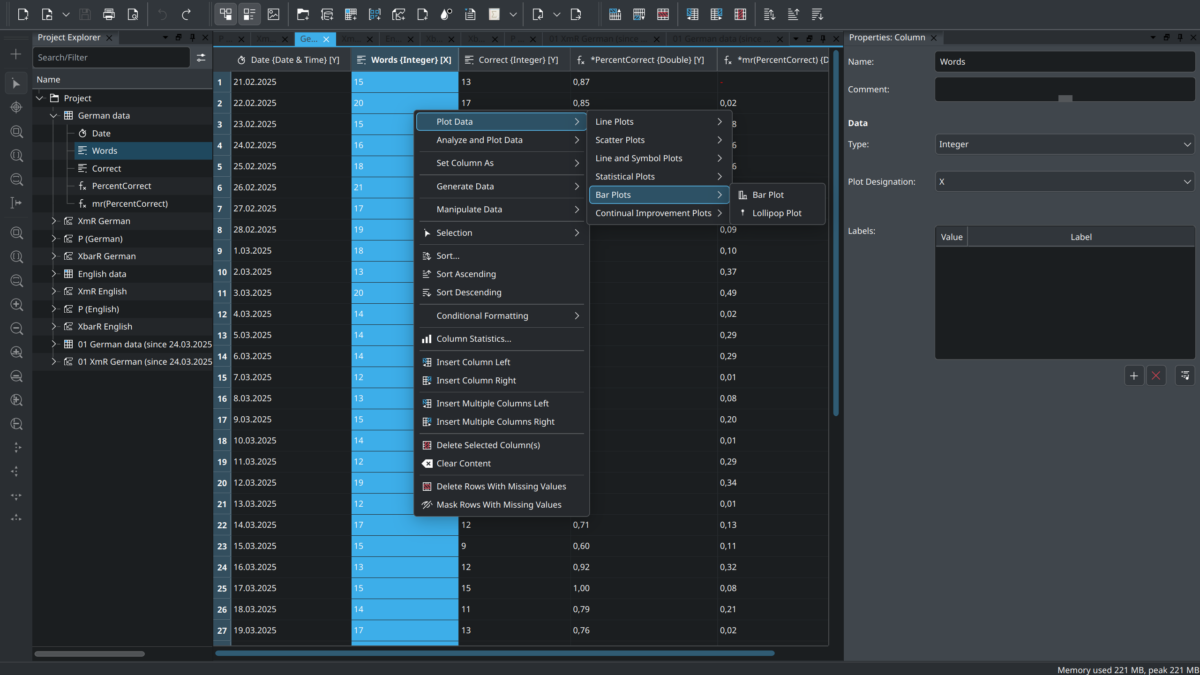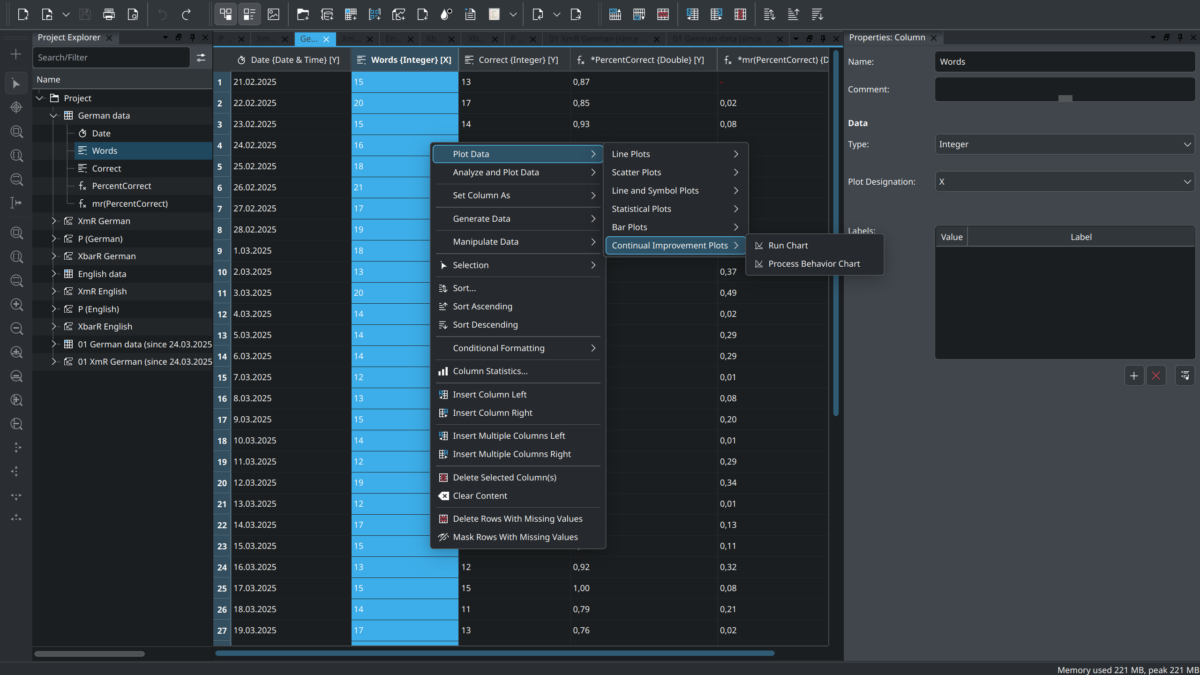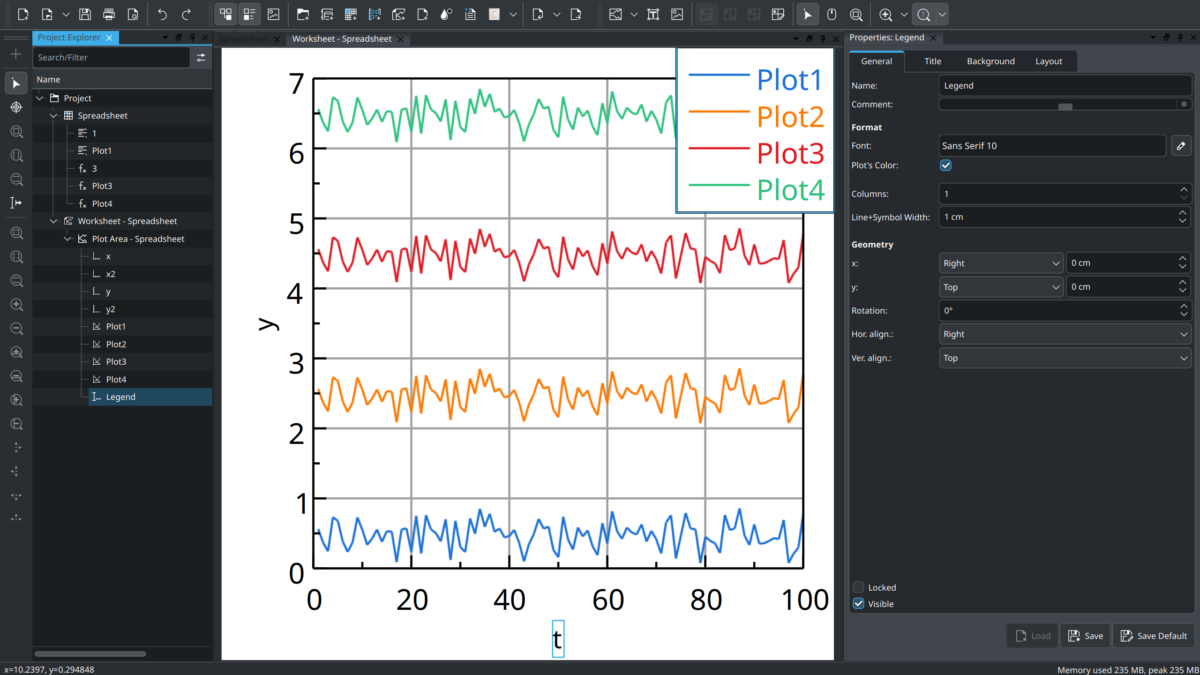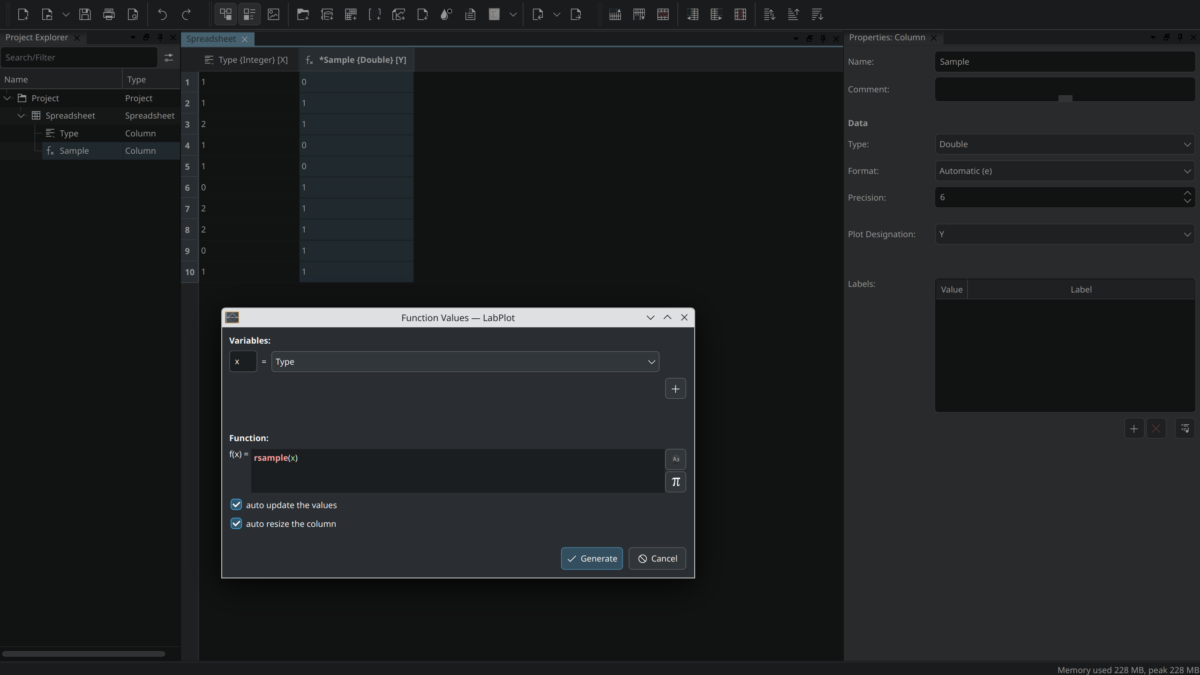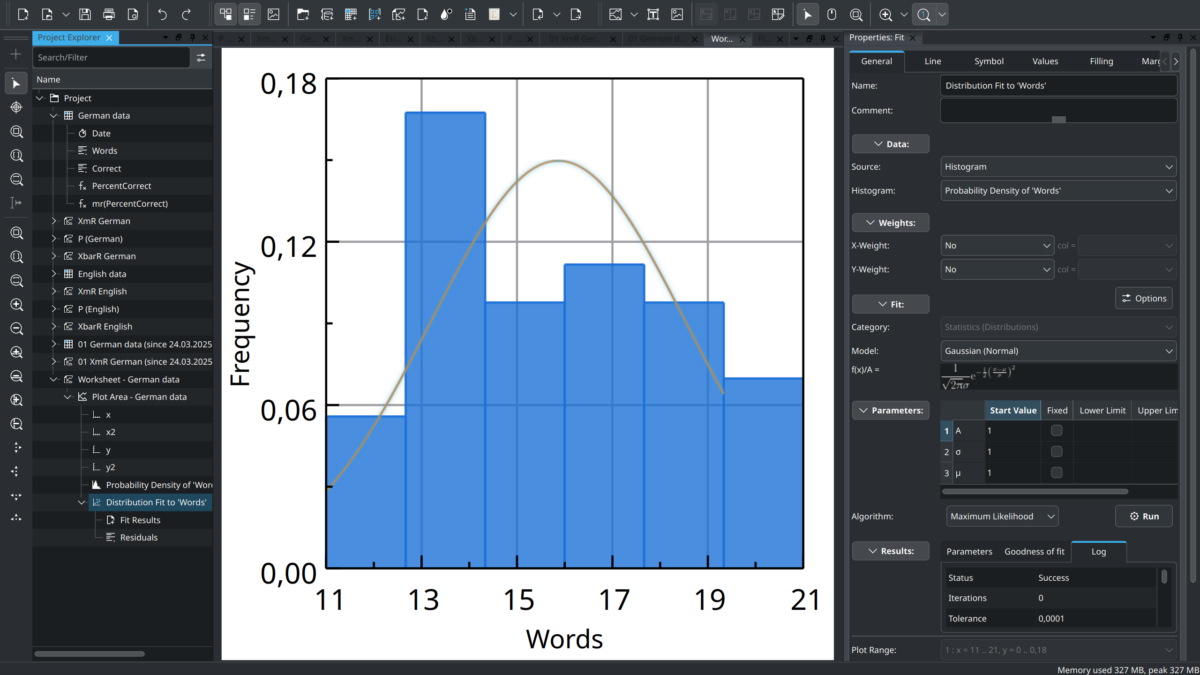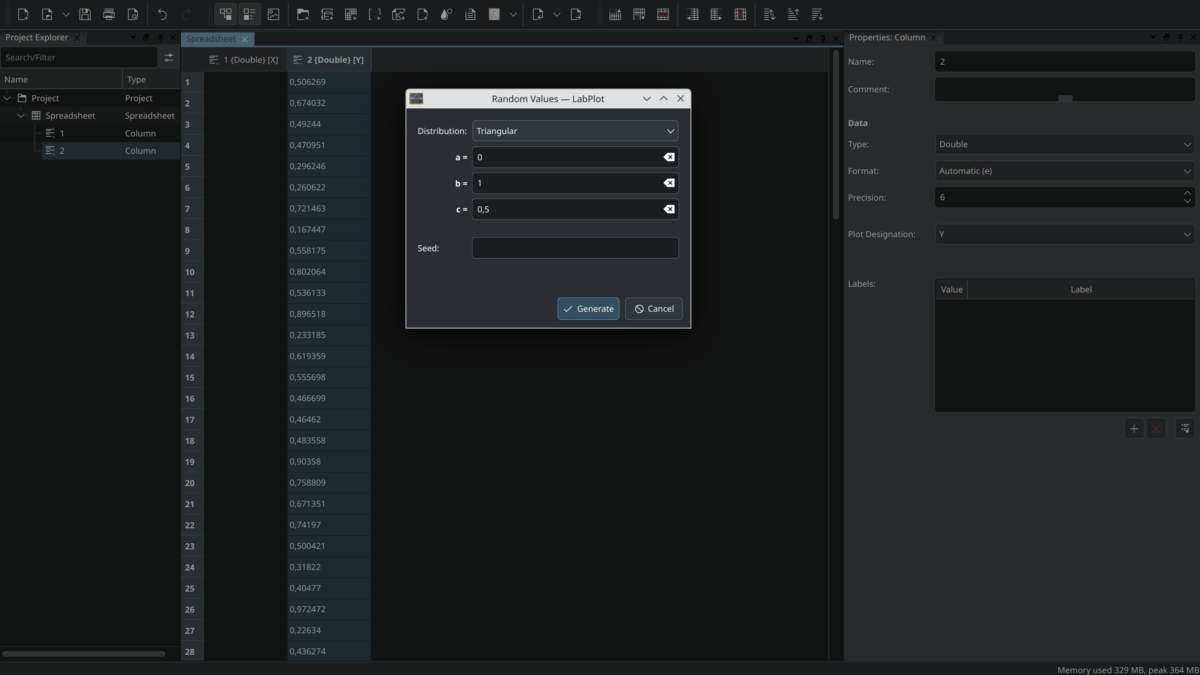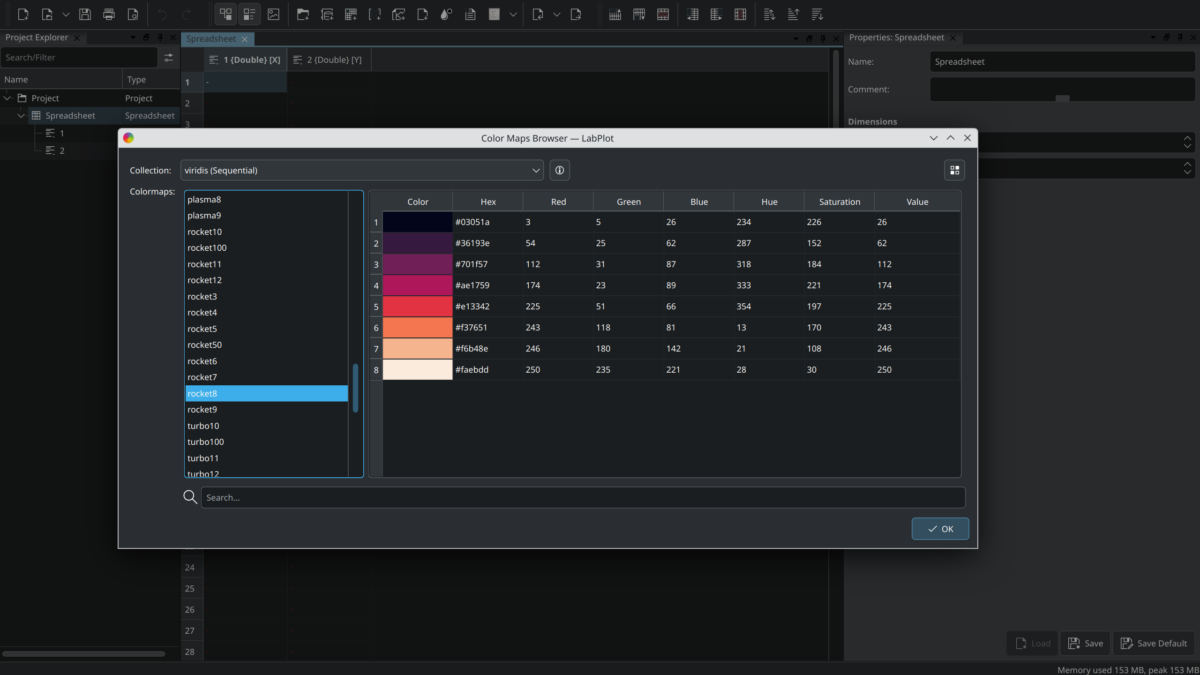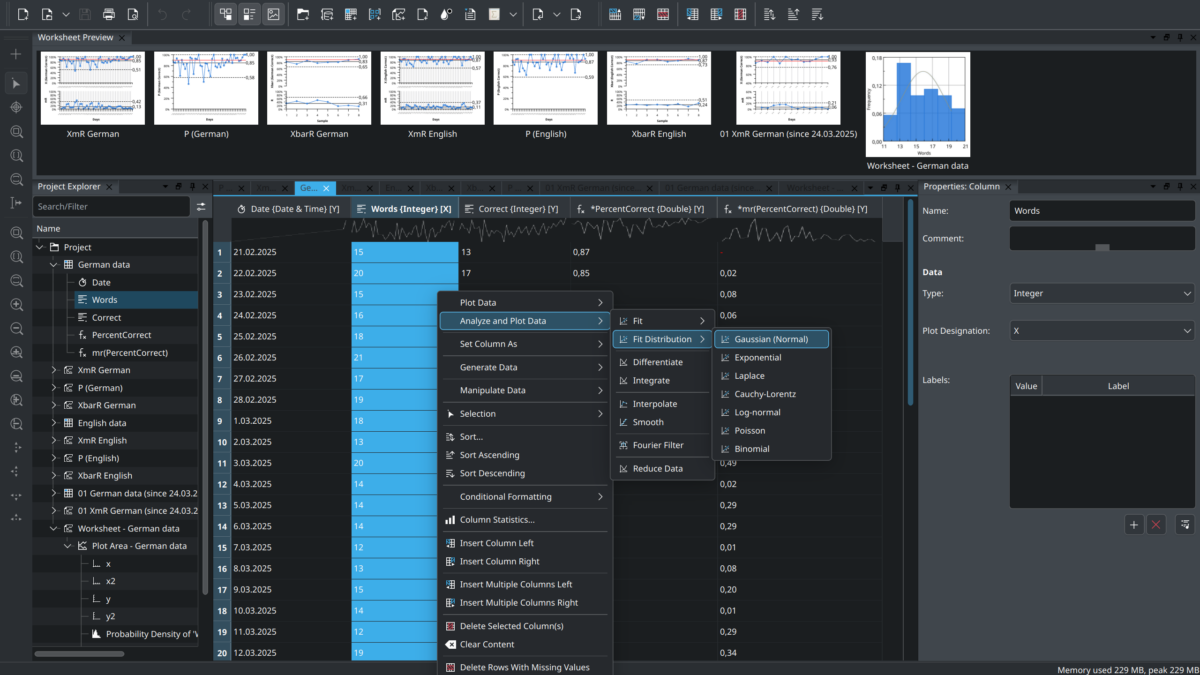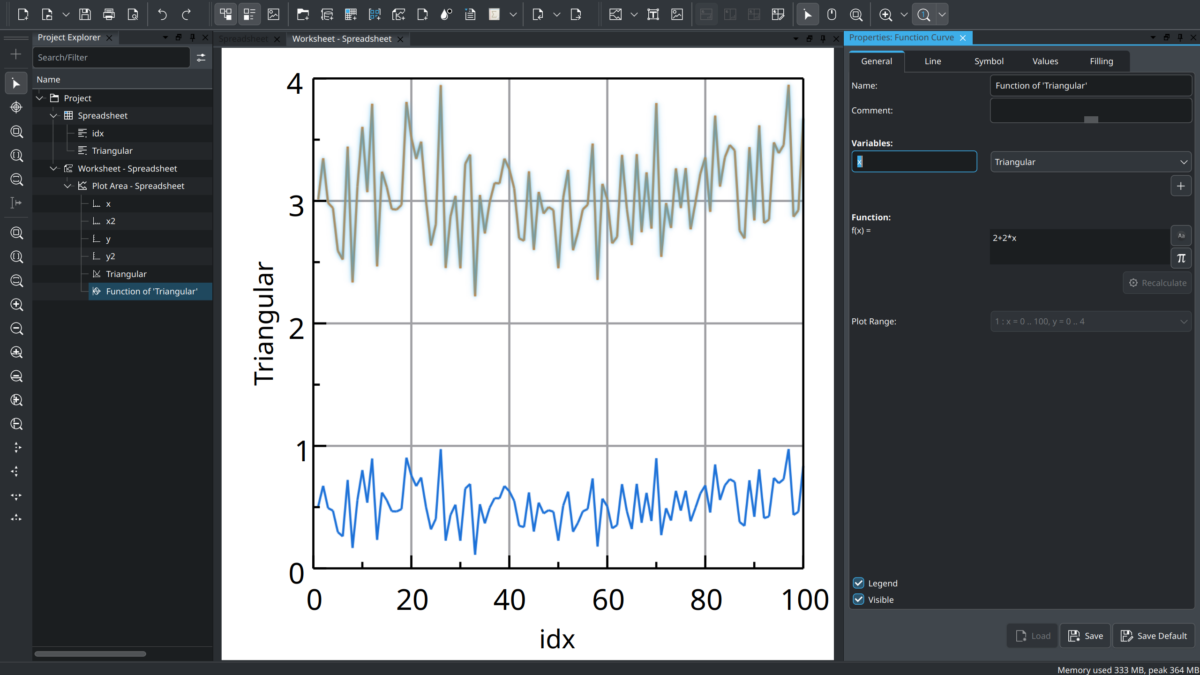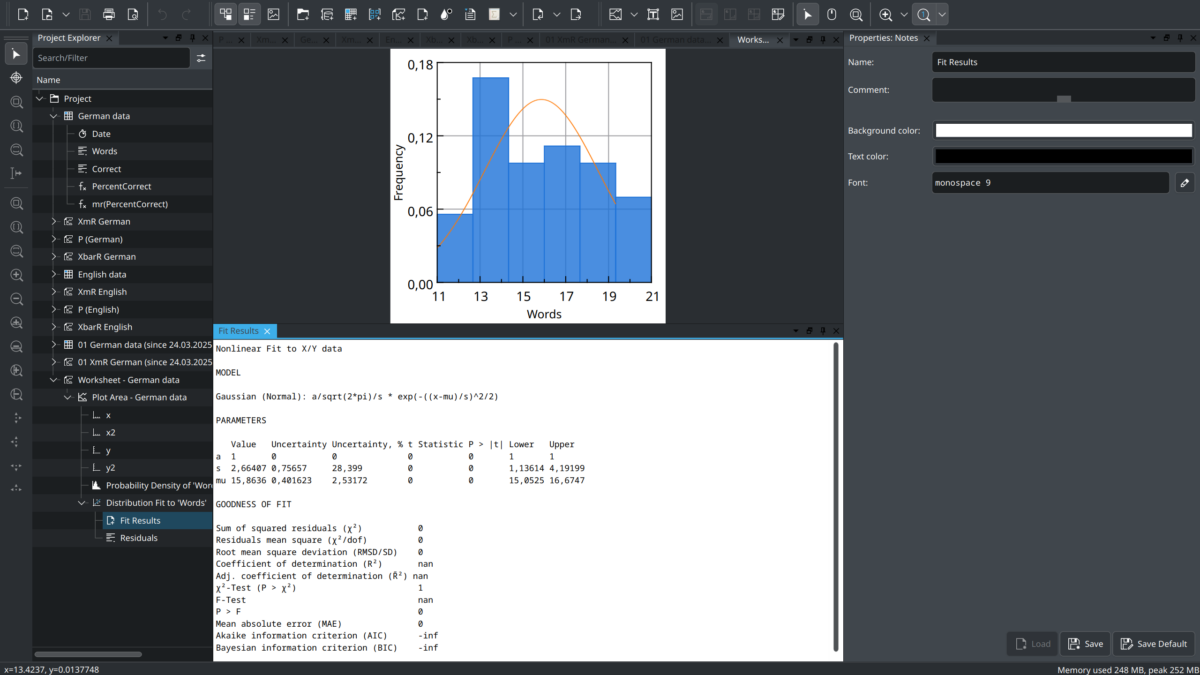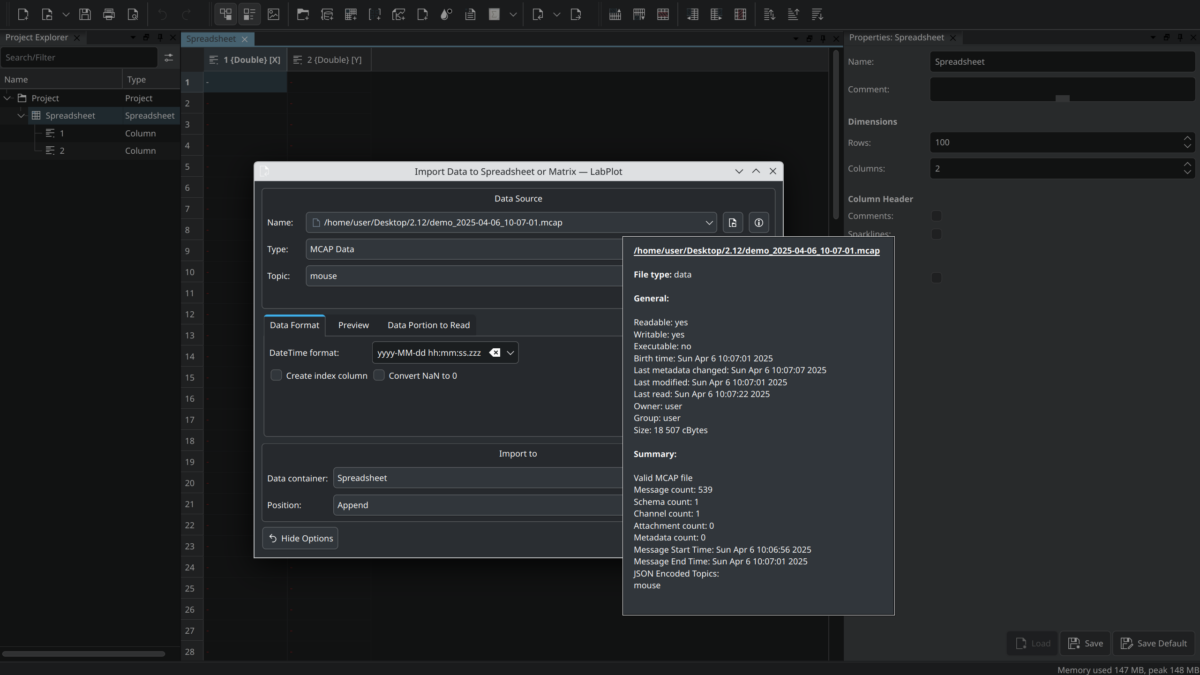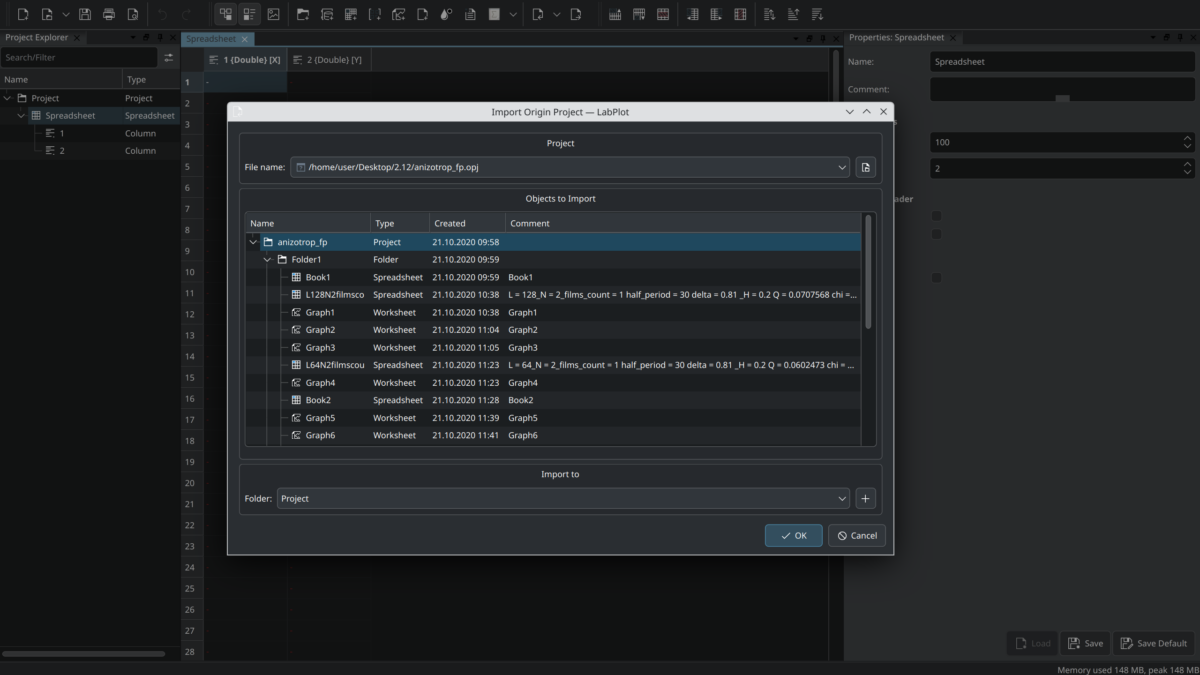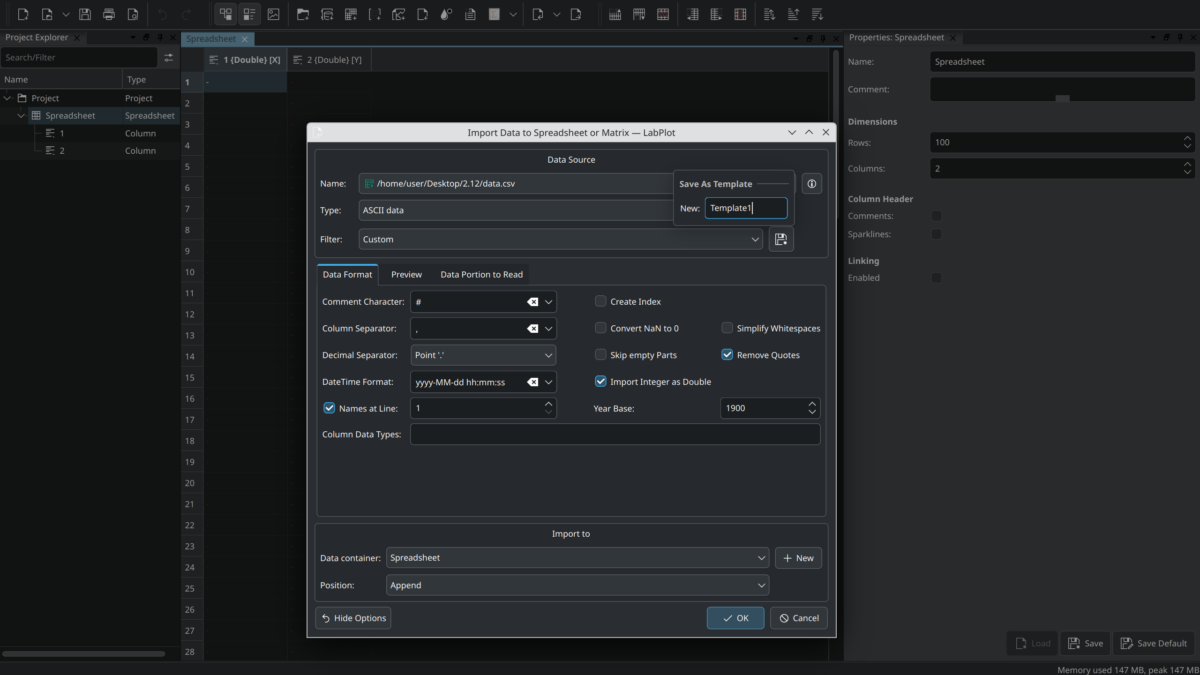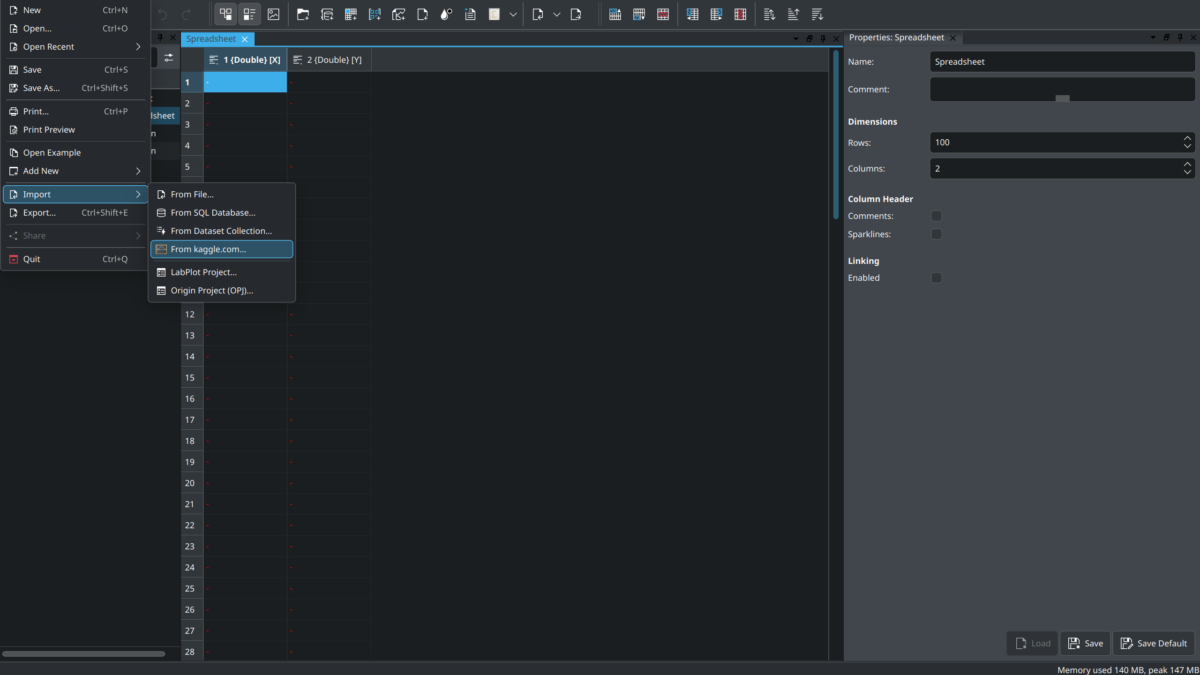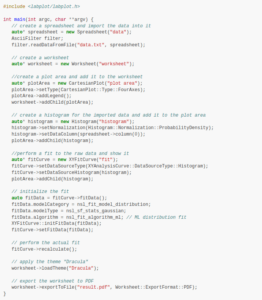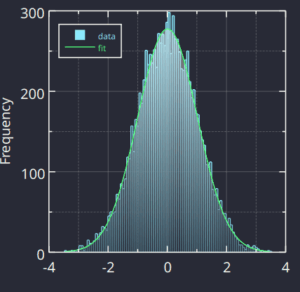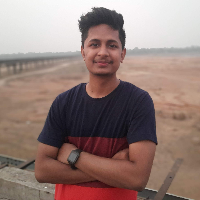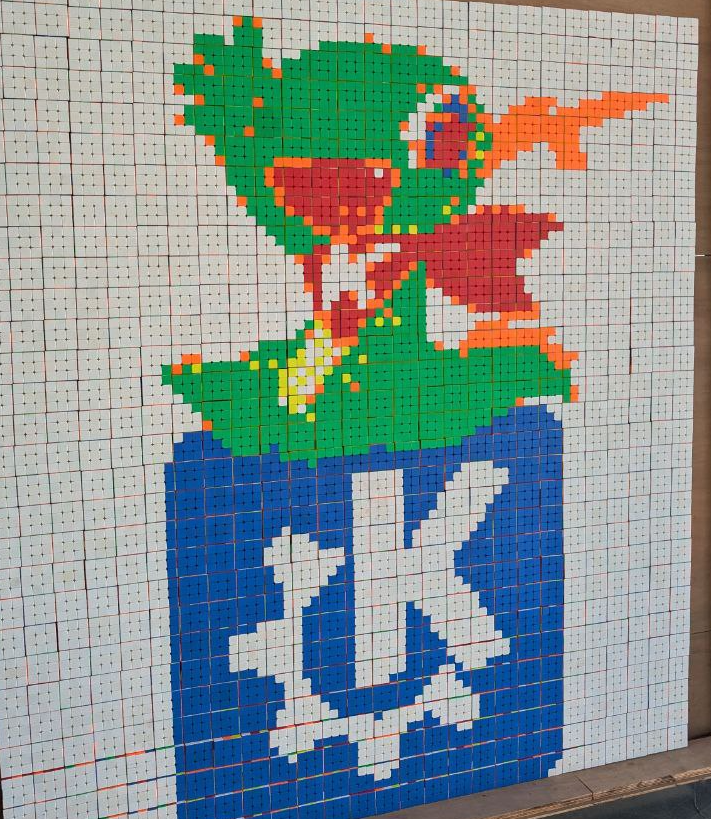
conf.kde.in is the annual India KDE conference, where KDE contributor, other open source enthusiasts and students meet to discuss KDE and other open source project. This year, the conference was held in GIFT City, Gandhinagar, Gujarat from April 4-6, 2025. The scheduled three days were split into two days for conference talks and one day for the unconference session. The program featured a diverse range of KDE-related topics from technical developments to community initiatives.
This year I was particularly excited to showcase my Steam Deck device running KDE software and share my insights about Linux gaming. Additionally, I presented a technical talk titled “Nix and the power of determinism while writing software” for attendees interested in improving their development workflow. In this post, I’ll share highlights from the event.
Keynote!
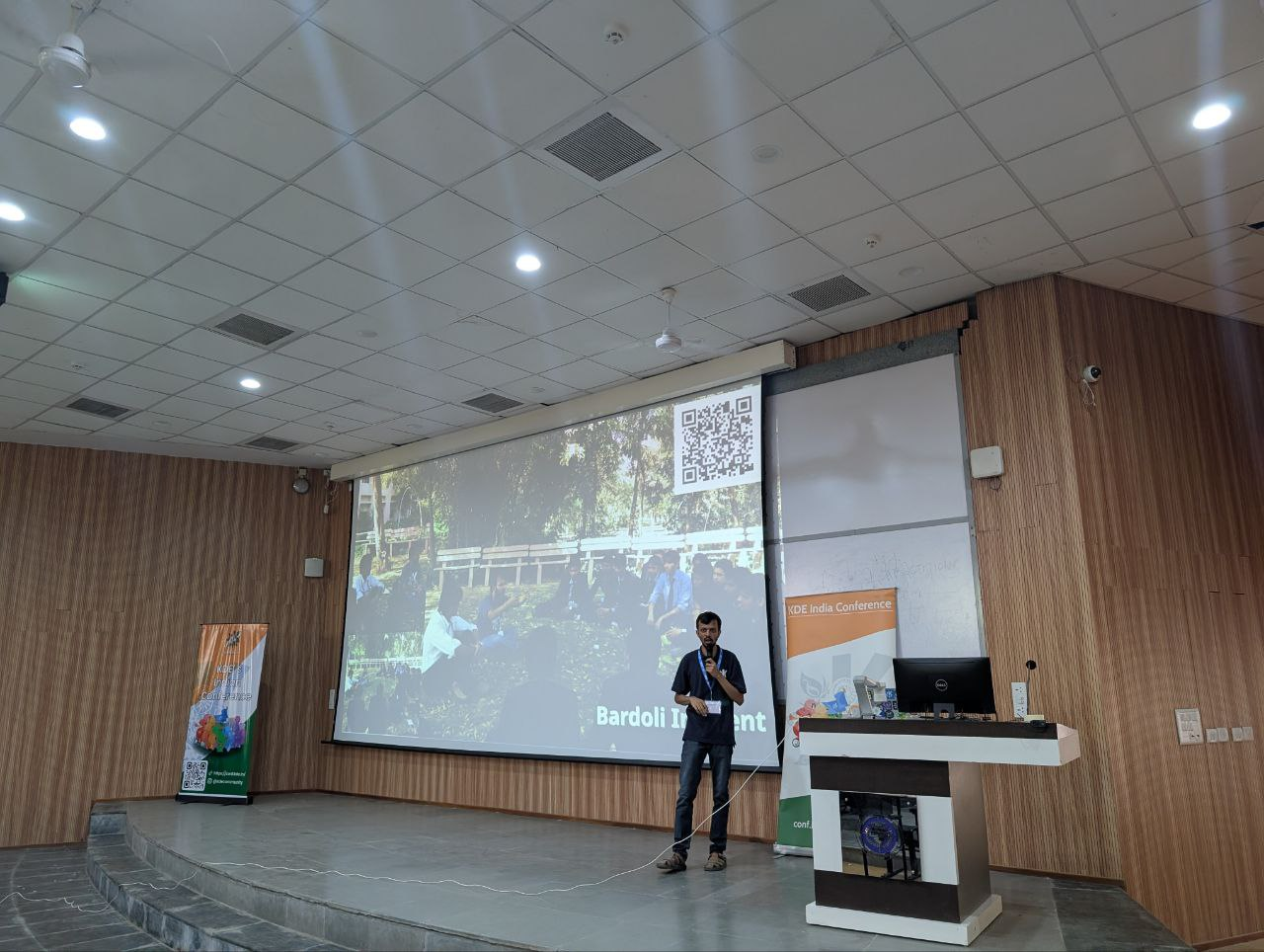
The conference started with Bhushan Shah delivering his keynote titled “KDE community: who? what? why?”. Bhushan explored the progress of KDE across various aspects and explained how the diverse KDE community collaborates to create amazing products like Plasma, KDE Connect, and Merkuro.
The most memorable part of the talk was when he shared the Bardoli Incident from 2013, where Pradeepto noticed some attendees with language barriers were leaving the venue and took special care to accommodate them. This story perfectly illustrated KDE’s values and was truly inspiring to hear.
My Talk: Nix and the power of determinism while writing software
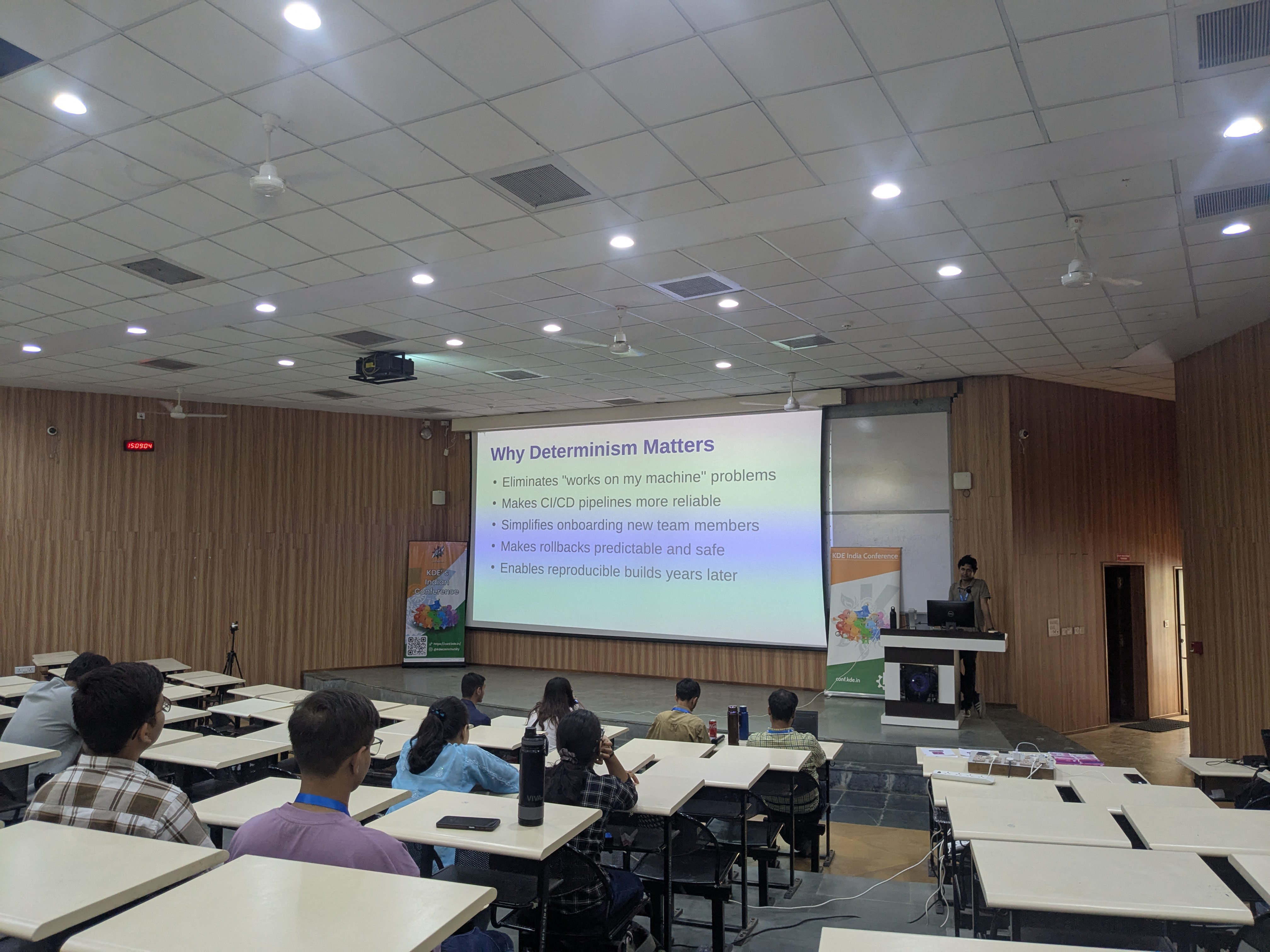
This year I presented about the Nix package manager and how developers can adopt it to write deterministic software. The talk was beginner-friendly and focused on practical ways people can use Nix for their specific use cases. I explained how Nix’s approach to package management helps create reproducible development environments and eliminates “works on my machine” problems. You can find slides for the talk here.
Talks
Some of the interesting talks that I attended were:
Digital Independence: Your Roadmap to Seamless Self-Hosting
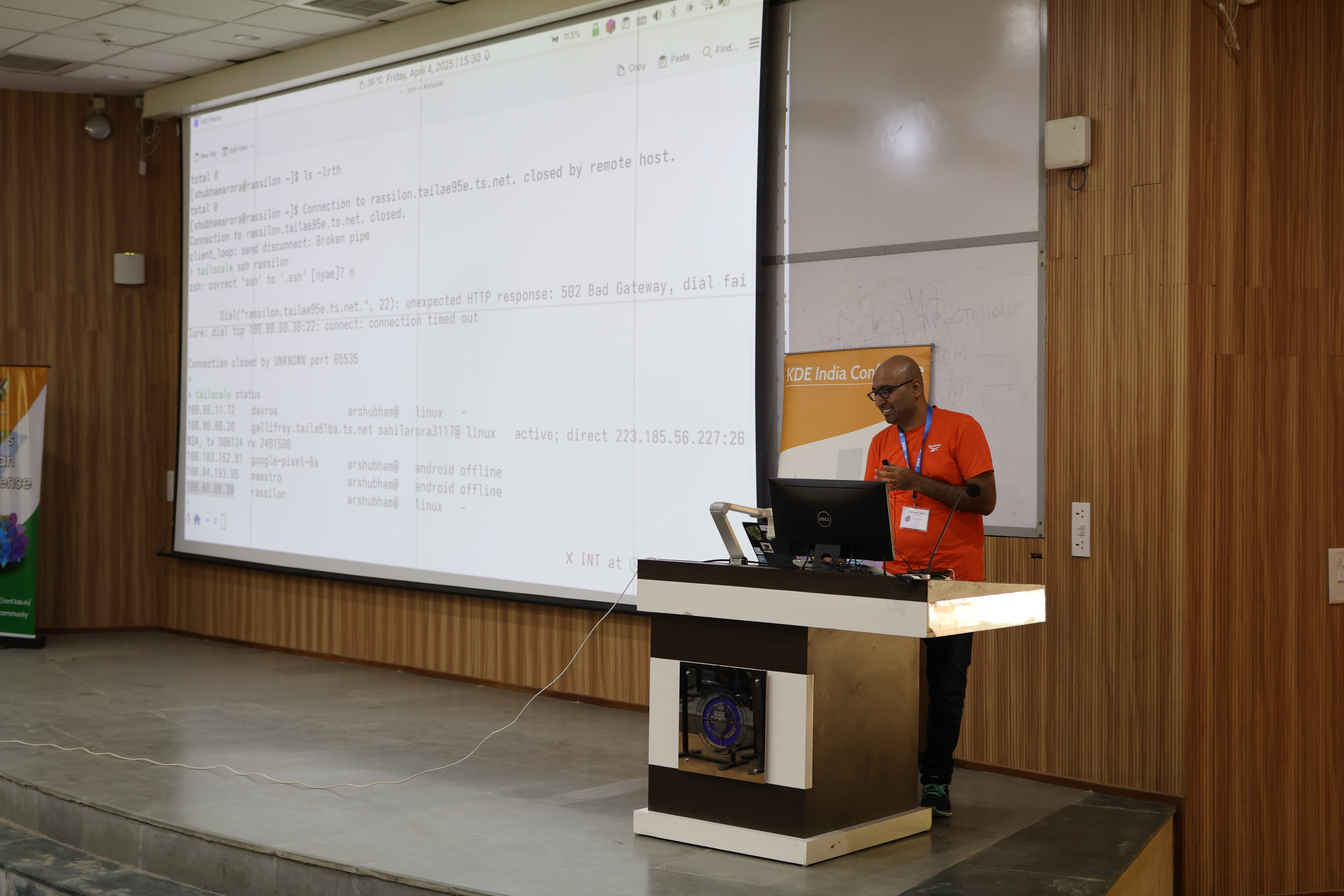
In this talk, Shubham Arora shared how he has eliminated dependency on cloud providers by building his own home server. He explained how he uses NextCloud as his local cloud provider, combined with an impressive 16 Terabyte storage setup.
Shubham demonstrated Immich, which he uses as a replacement for the Photos app. Most of us were surprised by its performace and smoothness. He also showed how he uses Tailscale as a secure mesh network to access his devices from anywhere – something I didn’t know was possible.
The session included a guide on setting up a similar system. I plan to try some of his techniques on the spare Raspberry Pi lying around in my house. The talk was excellent, and I learned a lot from it.
Prav - Reclaiming Choice of Service Providers in Messaging
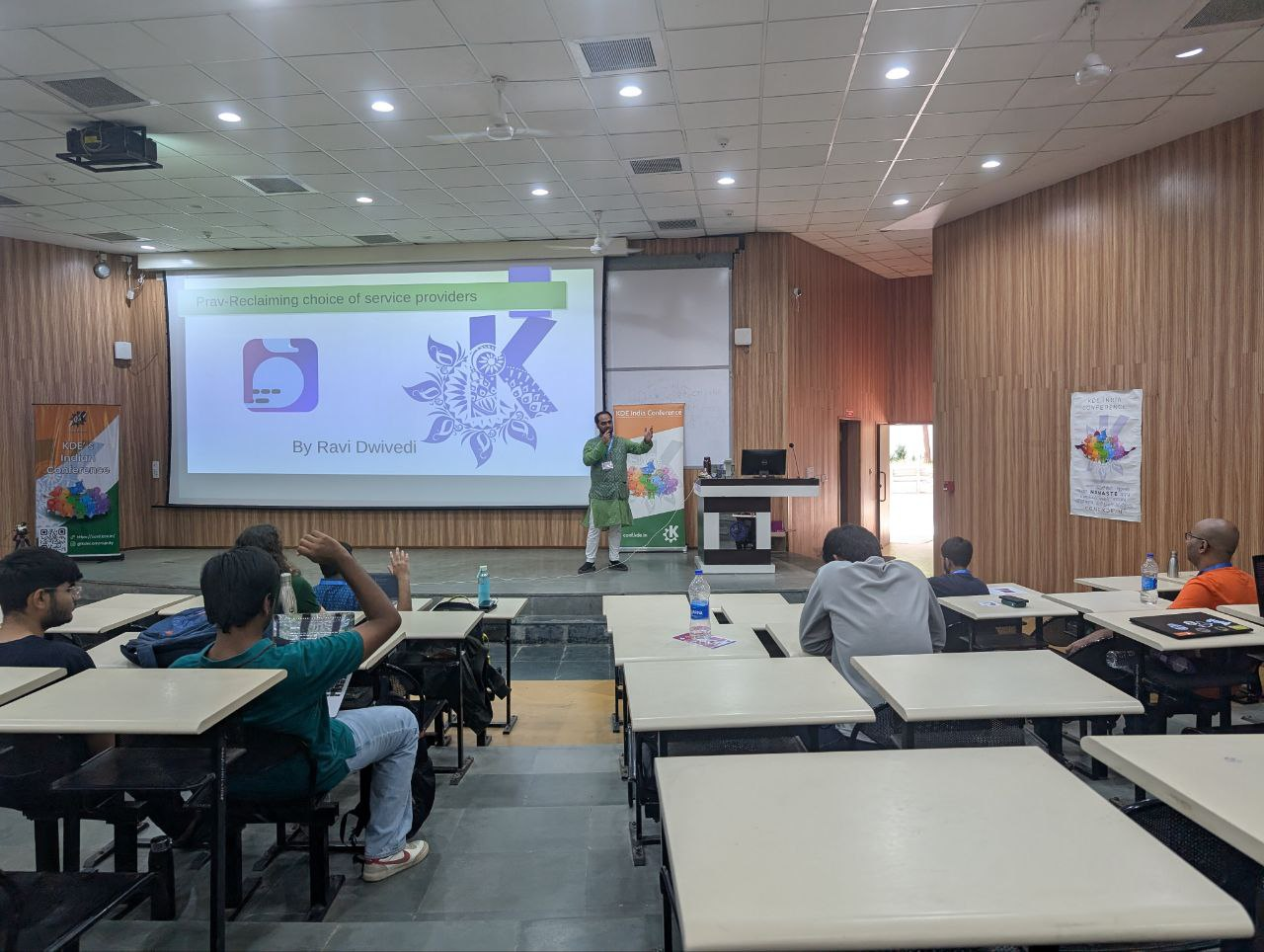
In this talk, Ravi Dwivedi highlighted the problematic nature of closed messaging ecosystems like WhatsApp and Telegram, where users are locked into communicating only with others using the same app.
Ravi introduced Prav, which offers a refreshing alternative through the XMPP network (an open standard for messaging). With Prav, users can communicate with people using various compatible apps like Quicksy, Monocles Chat, Kaidan, Dino, Monal, and others.
I found this approach fascinating - it gives users genuine choice and control over their messaging platform while maintaining their social connections. This aligns perfectly with KDE’s philosophy of freedom and user empowerment.
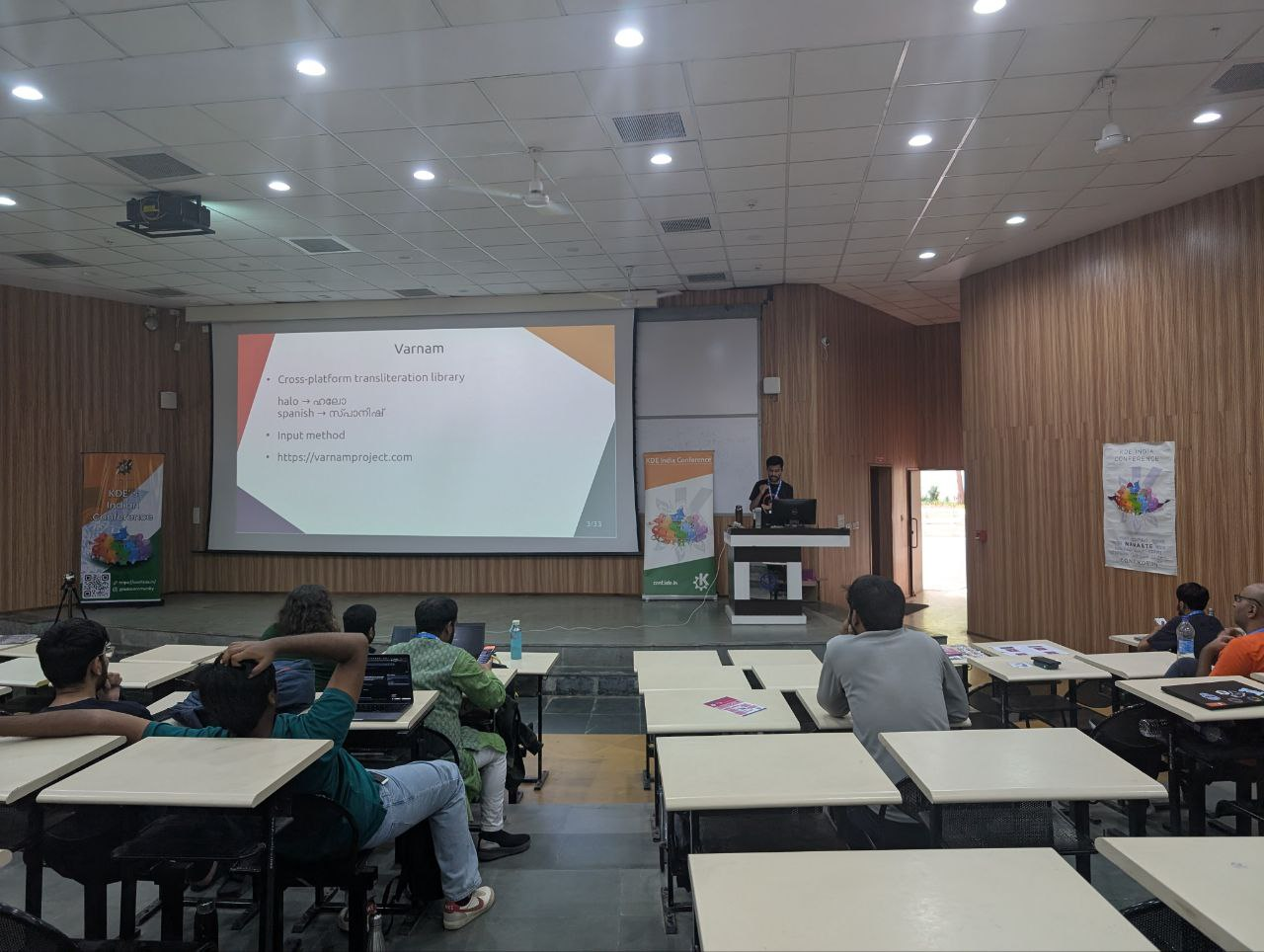
I have been following Subin Siby on the internet for a while and was eagerly waiting for his project Varnam. In this talk, he explained how Varnam (an input method for Indian languages) was born and shared its wide-ranging impact.
Subin discussed the technical evolution of the project, including switching from Perl to GoLang. He also explained how Wayland’s strict rules present significant challenges for the project, and how current efforts are focused on improving X11 adoption.
I was impressed to learn that his tool is being used by police officers when filing FIRs in native languages. At the end of his presentation, Subin showcased his emoji picker implementation using Linux input tools and demonstrated how emoji symbols are cleverly encoded as Unicode characters.
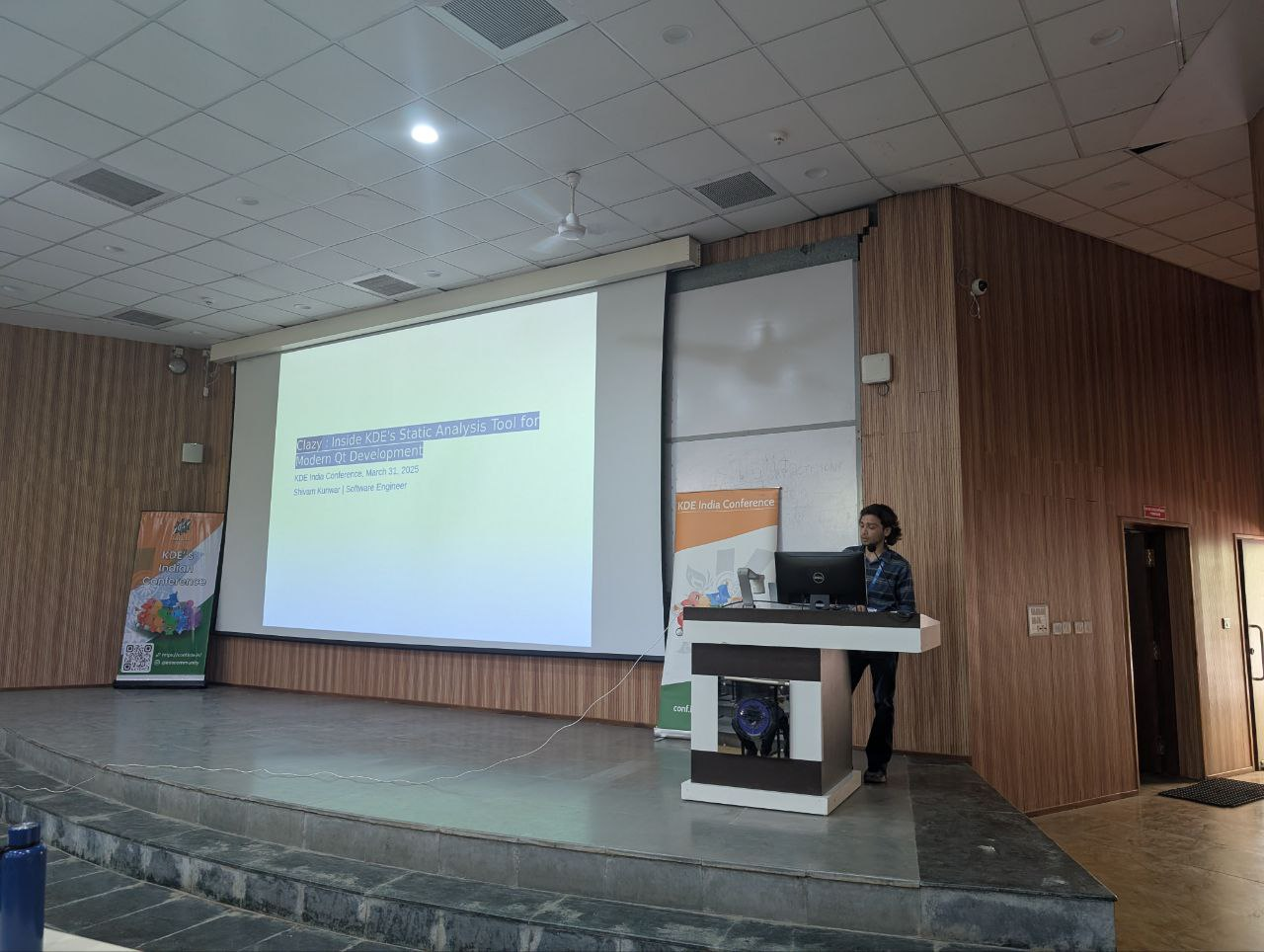
One of the other insightful talks I attended was Shivam Kunwar’s presentation on Clazy, a specialized static analysis tool that has become integral to the KDE ecosystem. Shivam explained in detail about Clazy’s existence and why Qt chose to use Clazy instead of the LLVM-backed clang-tidy, as well as the ongoing efforts to unify both tools.
Basics of a Free Software Mirror
Another sessions was Sahil’s talk on Free Software mirrors. Sahil, who contributes to Debian and OpenStreetMap, explained how mirrors play a crucial role in distributing software without requiring extreme compute and bandwidth.
He walked us through the infrastructure that enables software downloads from servers near users, regardless of their location. This is particularly important for ensuring fast and reliable access to open source software in regions with limited internet bandwidth or connectivity issues.
KEcoLab Project
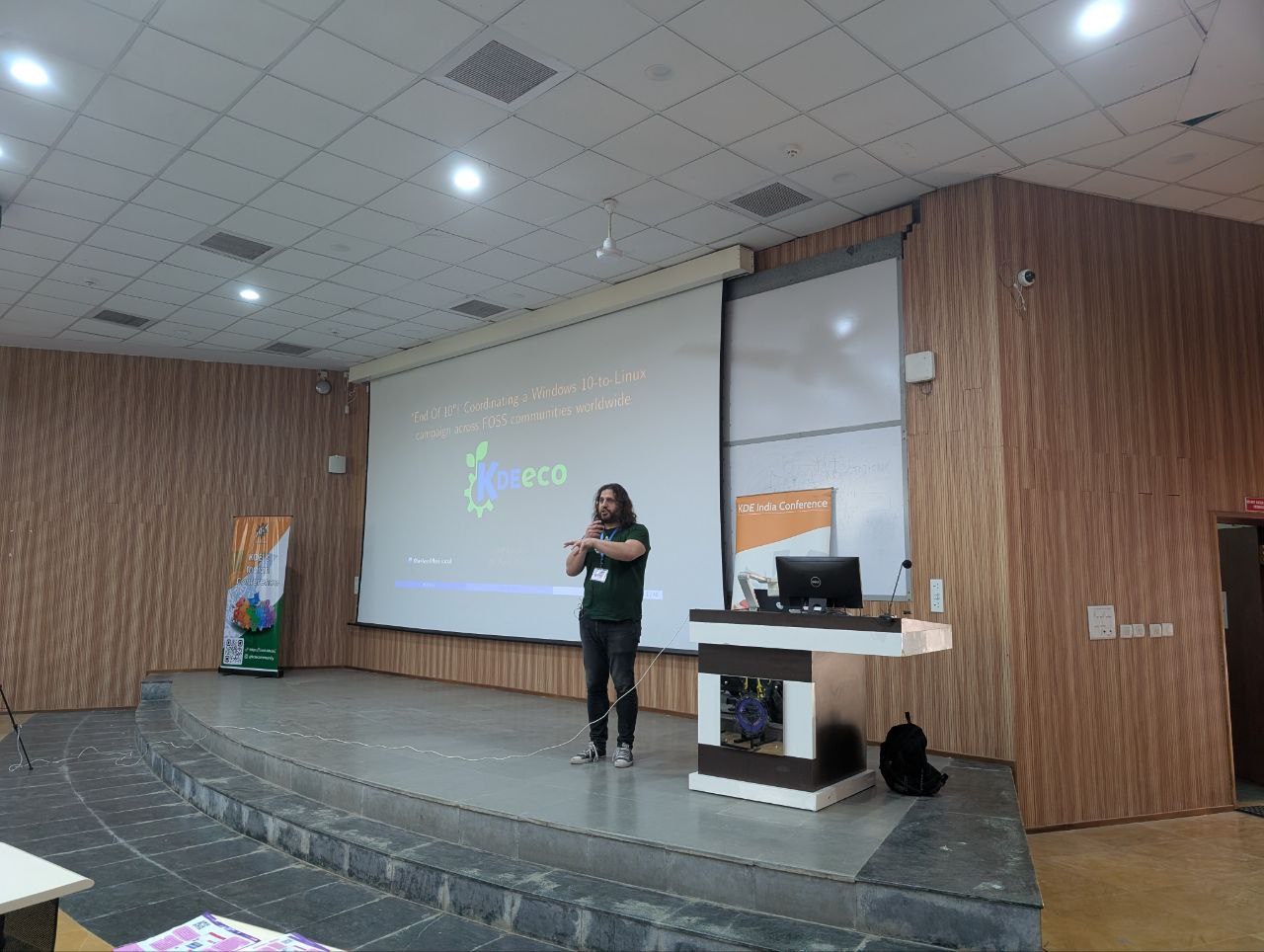
Another highlight of the conference was the presentation on KEcoLab, a specialized tool designed to measure and analyze energy consumption in software applications. The talk delved into KEcoLab’s architecture and how it uses xdotool to run tests for measuring energy efficiency of software.
Aakarsh MJ demonstrated how easy it was to use the tool - we just need to simply raise a PR (Pull Request) and KDE’s GitLab instantly queues a job in the KDAB KEcoLab in Berlin, Germany. This initiative shows KDE’s commitment to creating more environmentally sustainable software by optimizing energy usage.
Joseph also spoke about the impact of writing sustainable software and how our country is getting warmer due to climate change. He mentioned how switching from Windows 10 to Linux for old laptops makes sense and how this can ultimately reduce e-waste. Joseph also introduced us to the concept of Linux cafés and how folks in Europe have taken initiatives for such conversions.
Workshop
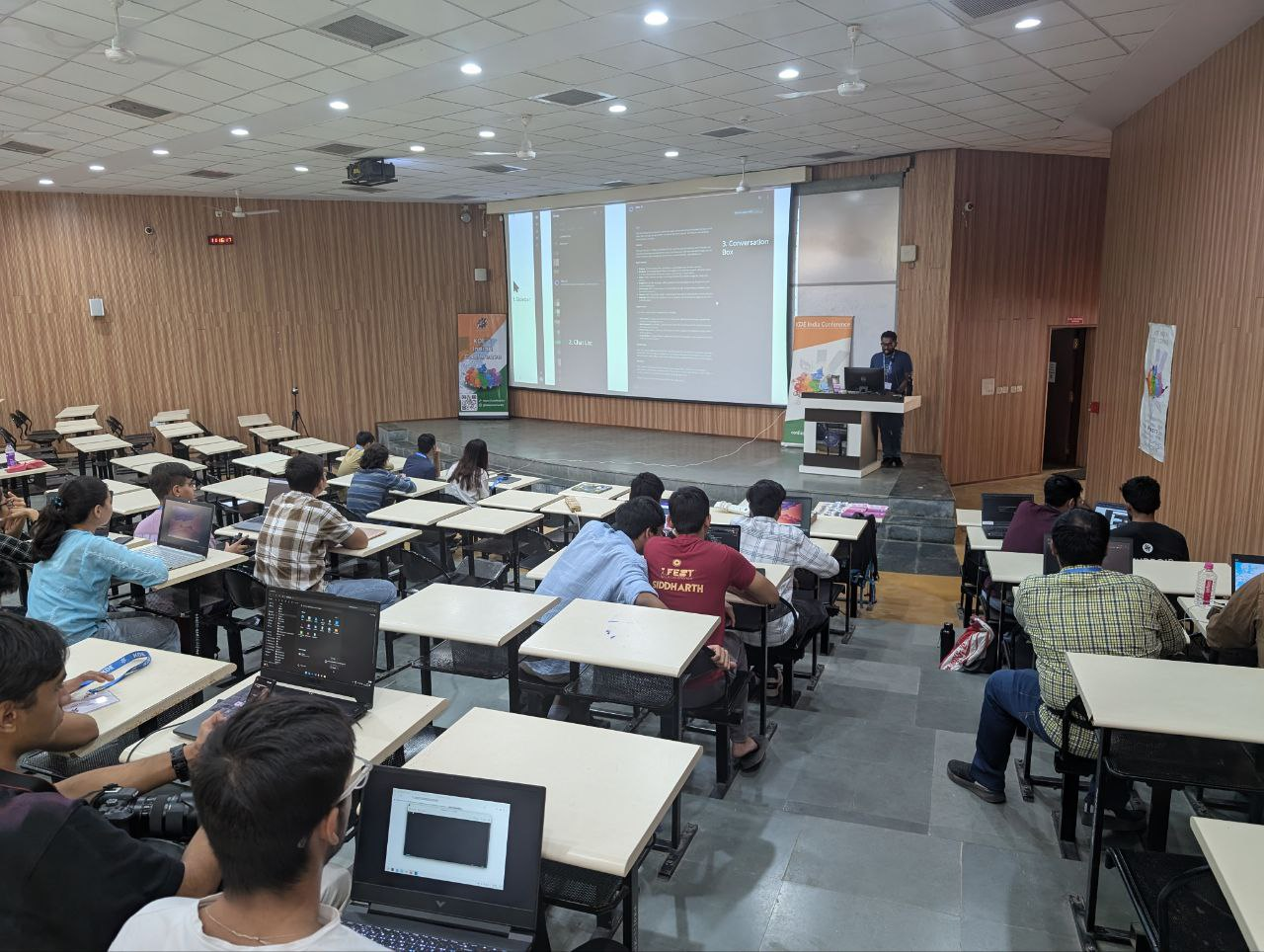
Most of the attendees were college students, and it was important to give them hands-on experience to help them start contributing to Open Source. Aakarsh MJ did a phenomenal job explaining the basics of QML and Qt and demonstrating how they can create visually appealing UI elements easily, skills they can use to contribute to KDE.
Advait was also teaching them how to get started with the Cockpit project and how they can easily write plugins for it. Attendees were practicing in parallel on their laptops, and we helped them individually to ensure they could follow the tutorial.
Unconference Session

The third day was the unconference day where we interacted with the conference attendees. The day started with the QML workshop, and I helped attendees set up their development environments. I also got to showcase my Steam Deck to folks and played some TuxKart on the local LAN with them.
Inspired by Joseph’s talk about Linux cafés in Europe, we offered to help attendees install Linux on their older laptops. Around 10 people expressed interest, and with the help of some conference participants, we were able to convert their systems to Linux, giving their hardware new life.
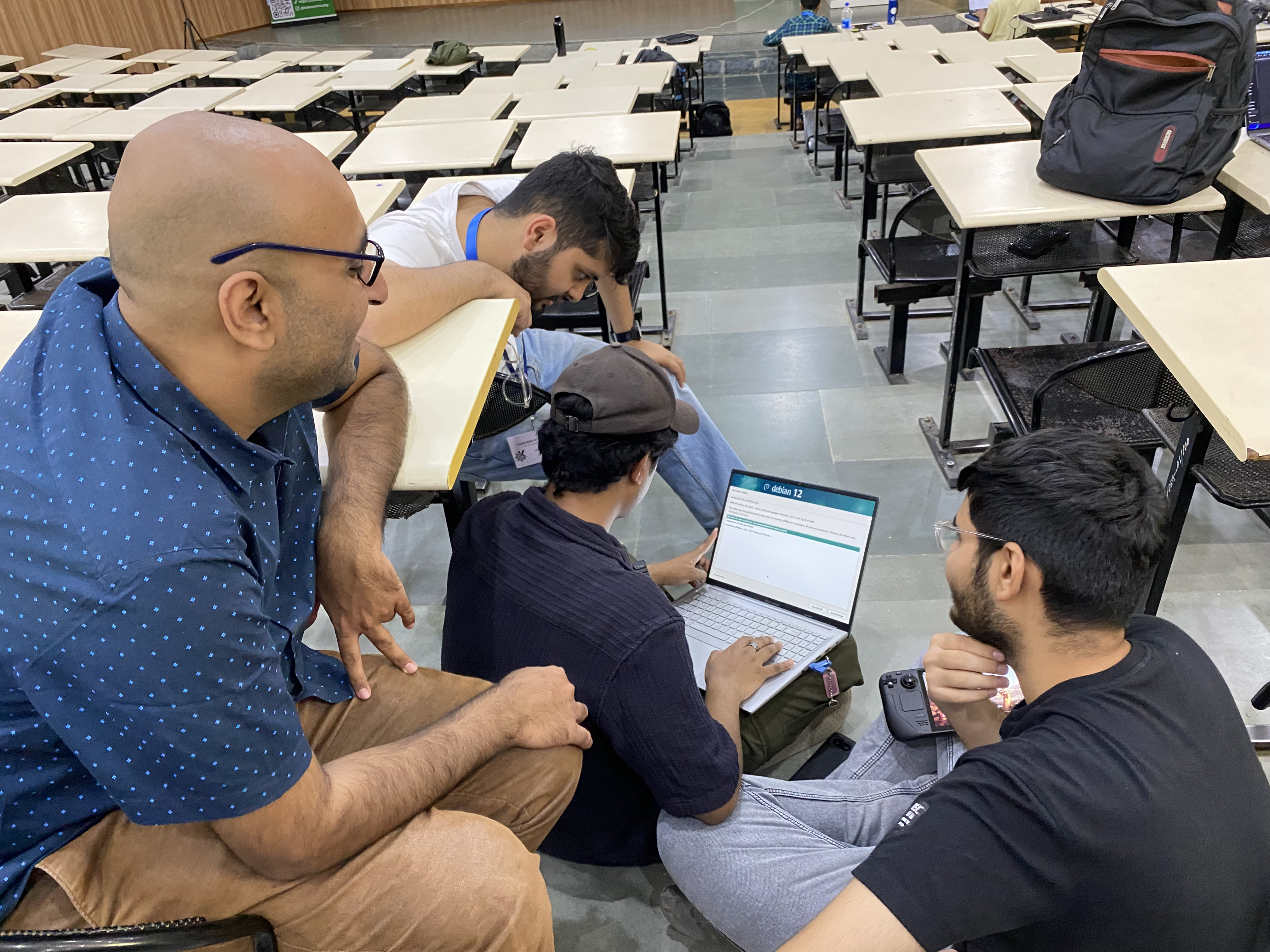
Conclusion
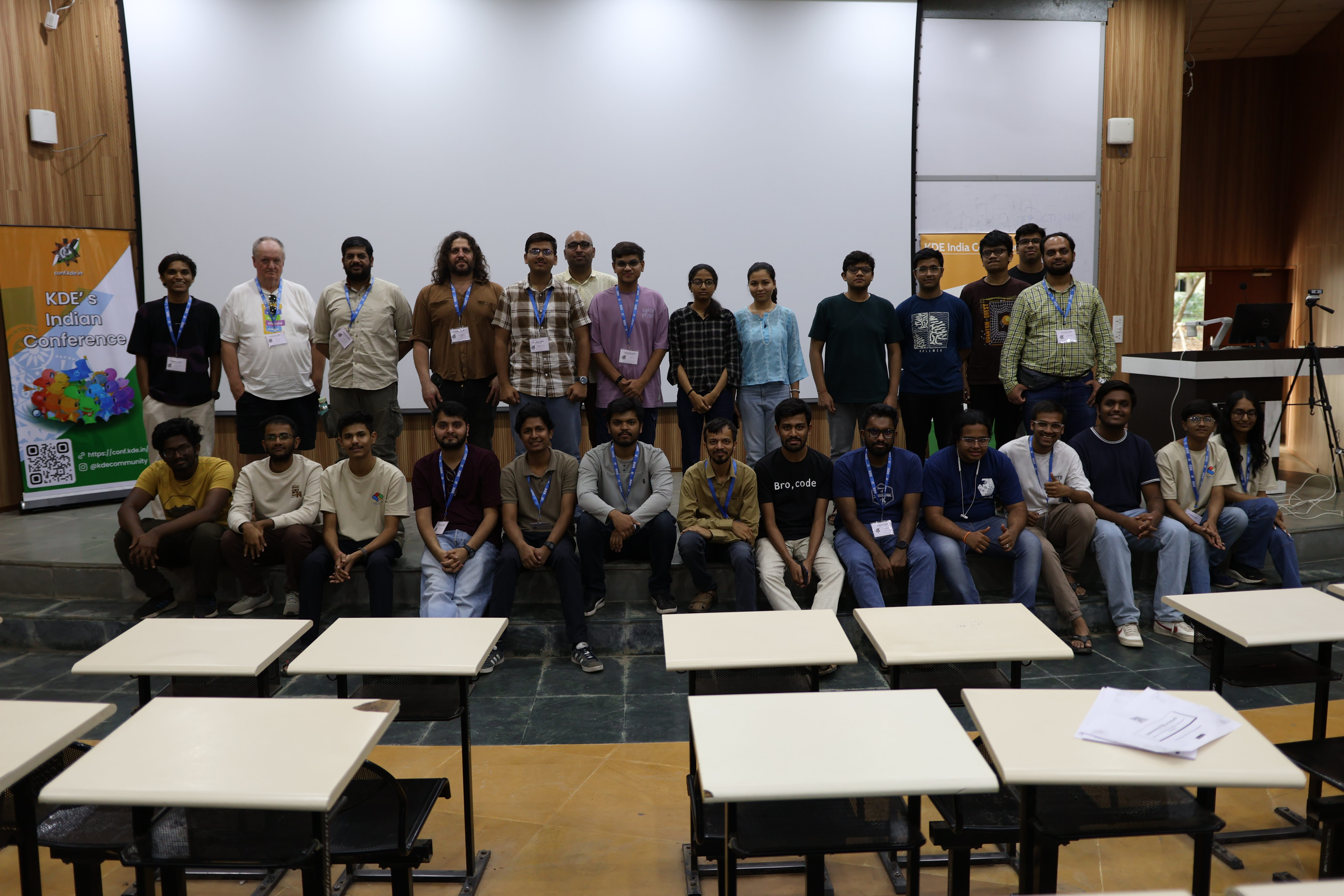
I had a lot of fun over the three days. The blend of technical talks, workshops, and community activities made it a truly enriching experience.
A big thanks to all volunteers who helped from the start of the conference till the end. Special thanks to Bhushan Shah for organizing it and KDE e.V. for sponsoring my travel.
 apol
apol Consider
Consider  @davidre:kde.org
@davidre:kde.org


